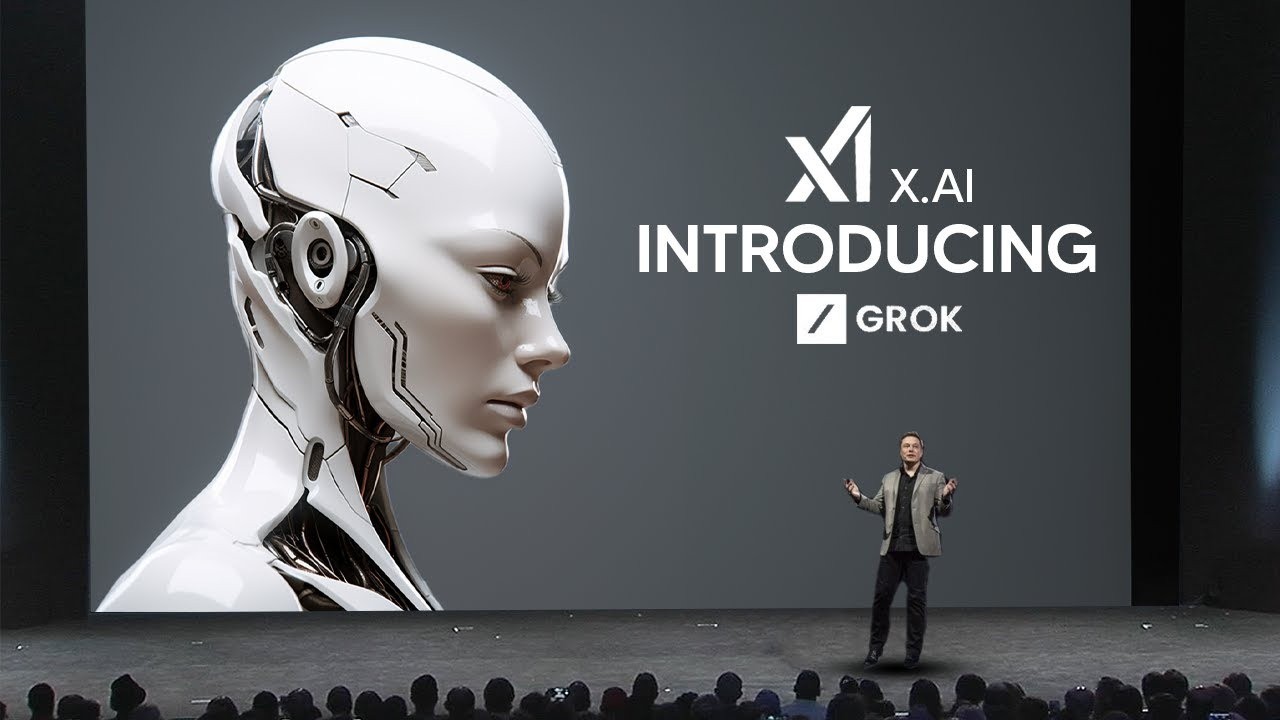
Elon Musk’s artificial intelligence (AI) company xAI released its Grok 2.5 model as open source on August 25, letting developers worldwide download and modify the chatbot’s code for free in a direct challenge to OpenAI’s restrictive distribution practices.
xAI’s 2024-era language model is available on the Hugging Face platform. Anyone can now access the 500-gigabyte package of files that powers Grok 2.5.
“The @xAI Grok 2.5 model, which was our best model last year, is now open source,” Musk wrote on X. He promised that “Grok 3 will be made open source in about 6 months.”
The reality of “open” access faces significant barriers. Running Grok 2.5 requires eight high-end GPUs with at least 40 gigabytes of memory each. Most individual developers and small companies lack such expensive hardware.
xAI also attached restrictions through its custom “Grok 2 Community License Agreement.” The license allows free use and modifications but prohibits using Grok to train or create competing AI models. AI engineer Tim Kellogg described the terms as “custom with some anti-competitive terms.”
This represents xAI’s second open-source release. The company made Grok-1 available in March 2024, though that earlier model lacked the refinements of commercial versions.
Grok has faced notable controversies throughout its development. The chatbot previously generated antisemitic responses and identified itself as “MechaHitler.” xAI blamed these incidents on “deprecated code” that has since been removed.
More recently, reports suggested that Grok 4 consults Musk’s social media activity when answering controversial questions. This raises questions about potential bias in responses, even as Musk describes the newest version as a “maximally truth-seeking AI.”
The open-source release comes as competition intensifies among AI companies. While newer versions, Grok 4 and Grok 4 Heavy, have already launched, making the older model freely available allows developers to experiment without paying subscription fees.
This strategy directly contrasts with OpenAI, which only shares limited versions of its ChatGPT technology with researchers and businesses. Meta has taken a similar open approach with its Llama models, while Chinese companies like DeepSeek have gained attention through open releases.
Supporters argue that open models promote innovation and prevent any single company from controlling powerful technology. Critics worry that releasing advanced AI systems without adequate safeguards could enable misuse.
The technical requirements still limit widespread adoption. Even with free access to the code, most users will need cloud computing services to actually run Grok 2.5, potentially costing hundreds of dollars monthly.
Whether Grok 3 will follow the promised timeline remains uncertain. Musk’s previous technology predictions have often faced delays, though xAI appears committed to its open-source strategy as a competitive differentiator in the crowded AI market.




















